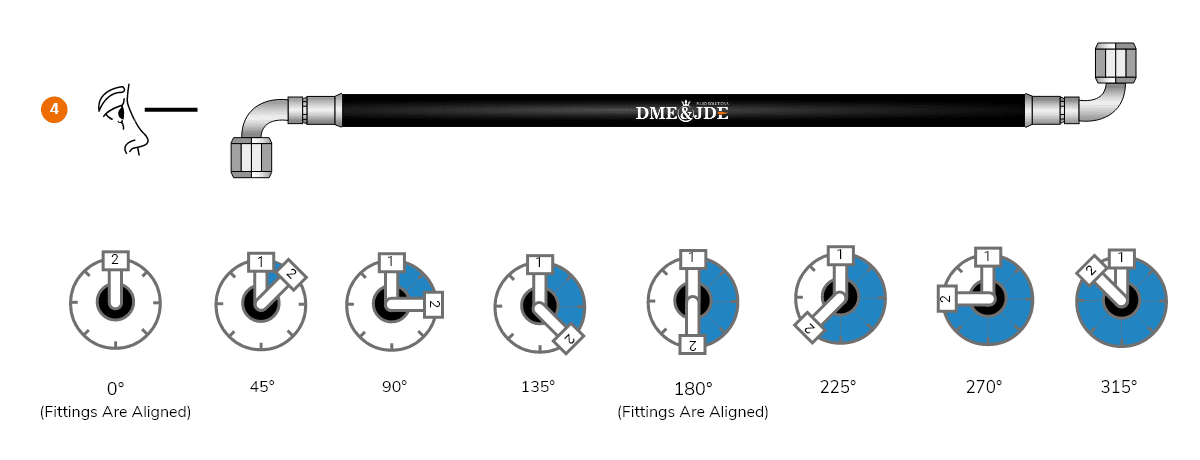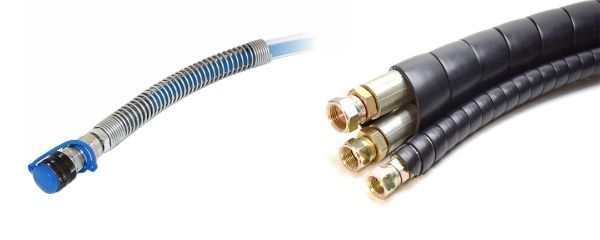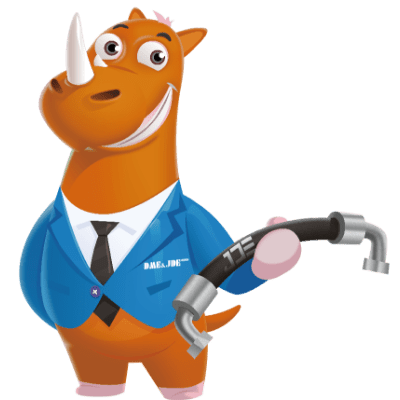- Home
-
Flexible Hoses
![Several different types of DME&JDE flexible hoses are displayed.]()
Make All Transfer Smooth At Any Pressure And Condition
DME&JDE supplies more than 100 kinds of standard and custom flexible hoses to satisfy hydraulic and industrial fluid transfer.
-
Fluid Connector
![Several different types of DME&JDE fluid connector are displayed.]()
Make All Connection Sealing, Efficient and No Blocks
DME&JDE supplies all major adaptors, hose fittings and flanges for different standard hoses and port connections.
- Fluid OEM Solutions
- Support
- Corporate
- Contact







 English
English 简体中文
简体中文





